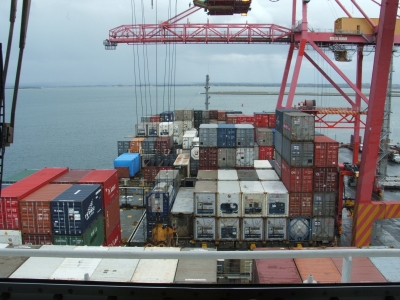
The Export Finance and Insurance Commission (EFIC) has examined free trade deals clinched with Japan and Korea this month and the trade agreement currently being pursued with China.
“These agreements offer unprecedented access to Australia’s key export markets and new opportunities in both scale and scope for Australia’s overseas business,” said EFIC’s senior economist Cassandra Winzenried. “Recently brokered trade deals should help to mitigate declines seen in Australia’s international trade competitiveness.”
Australia’s three largest export markets — China, Japan and Korea — now account for over 60% of merchandise export sales (over $160b in 2013).
“This record trade exposure to North Asia is being driven by demand for Australia’s commodity resources,” said Ms Winzenried. “A surge in resources production will ease current supply constraints and lead to further concentration of Australia’s export destinations in the future.”
Consistent with strengthened global activity, world trade growth picked up strongly in the second half of 2013. The World Trade Organisation expects this trend to continue — growth in global trade is expected to more than double to 4.7% this year.
Ms Winzenried said: “Australian exporters are also increasingly bullish on the trade outlook aided by low interest rates and some depreciation of the Australian dollar.”
For instance, HSBC’s Trade Confidence Index reached its highest level in 2 years in March, suggesting Australian businesses expect international trade conditions to improve considerably over the next six months.





